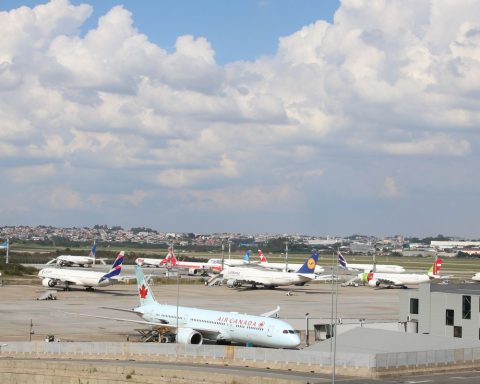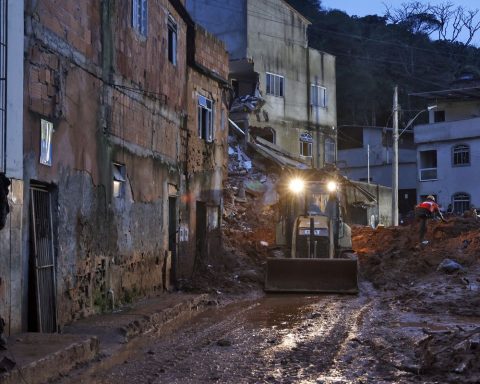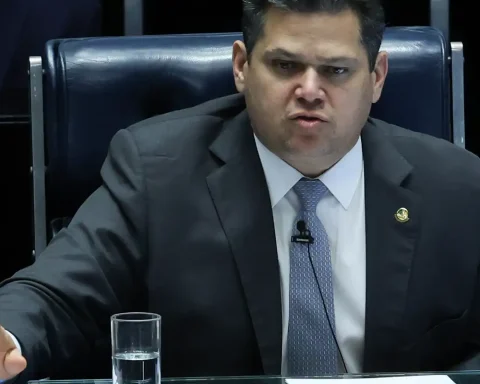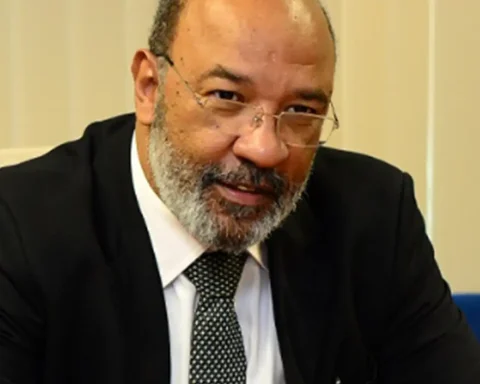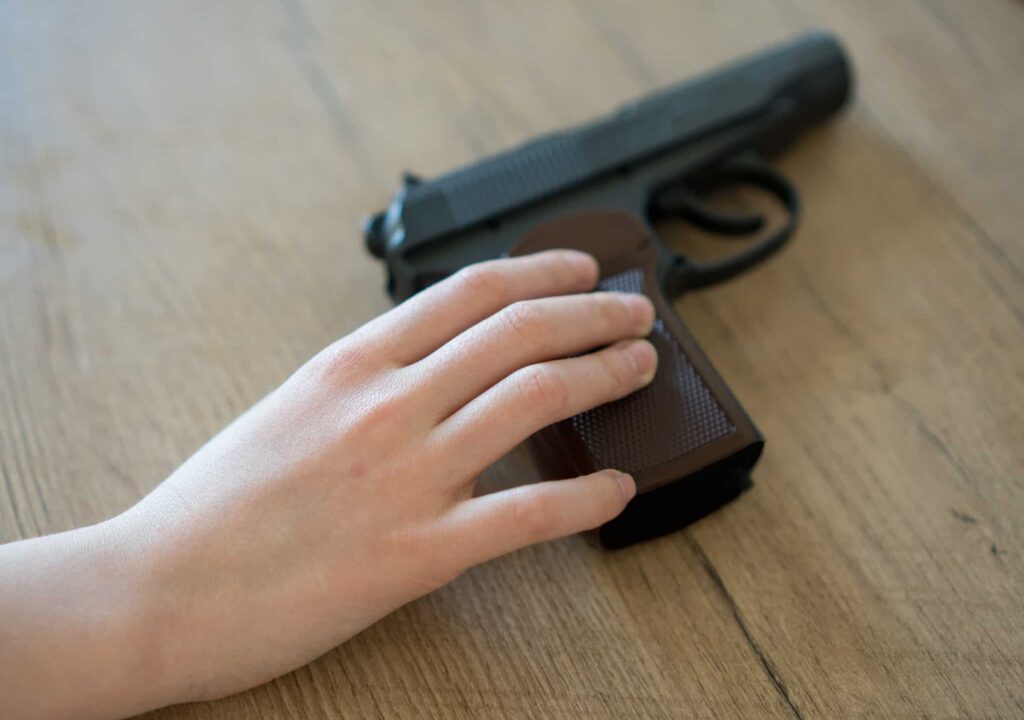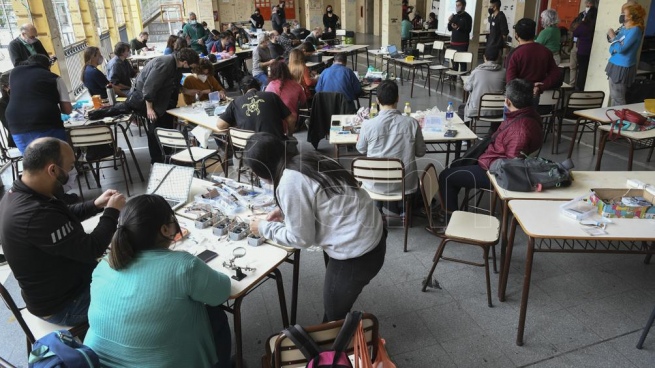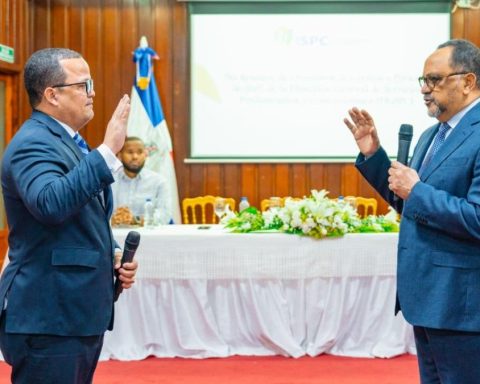Since April, the city of São Paulo has involuntarily hospitalized 22 drug users. The information was released today (6) by the mayor of the city, Ricardo Nunes.
“We have care for all the people who need it. We are intensifying something that already exists in the law established in 2019, which is involuntary hospitalization. In this case, the relatives ask the Government to have this patient analyzed by a doctor. Once the doctor does the analysis and finds it important, involuntary hospitalization is carried out”, said the mayor.
Involuntary hospitalization – which occurs when the user does not consent, but at the request of a family member or legal guardian – was sanctioned by the President of the Republic Jair Bolsonaro in 2019. by lawthis hospitalization depends on a medical authorization and also on a family member or legal guardian.
According to the law, involuntary hospitalization must take place within the period of time necessary for the patient’s detoxification, being a maximum of 90 days. All admissions and discharges must be reported to the Public Ministry, the Public Defender’s Office and other supervisory bodies within 72 hours.
Hospital
These patients are being admitted to Hospital Bela Vista, in the center of São Paulo, a reference municipal hospital for the care of the homeless population. “This hospitalization lasts for 90 days, detoxification is carried out and he continues in treatment both at the Psychosocial Care Center for Alcohol and Drugs. [CAPs] as in the Integrated Therapeutic Shelter Service [SIAT]” said the mayor.
According to Nunes, people who have family members who are crack users can look for a CAPs unit, one of the emergency care units (UPAs) or the emergency SIAT tent on Rua Helvétia.
The SIAT was created as an emergency by the city hall to assist drug addicts in vulnerable situations. It was installed on Rua Helvétia, one of the places where the Cracolândia flow headed after being dispersed from Praça Princesa Isabel in a police operation that started in May.
admissions
In addition to involuntary hospitalization, the law provides for two more types of hospitalization: voluntary, which responds to a request from the user; and compulsory, which is determined by Justice.
The city government is promoting two types: involuntary and voluntary. In the case of the volunteer, said Mayor Ricardo Nunes, the city hall has carried out around 400 hospitalizations per month.
reviews
The World Health Organization (WHO) advocates that treatment for chemical dependency should be done voluntarily and with user consent. For the WHO, involuntary confinement should only occur as an emergency measure.
This is also the opinion of specialists and movements that work with this population, such as psychologist Laura Shdaior, articulator of the nucleus of harm reduction practices at the É de Lei Coexistence Center. “Involuntary admissions can occur in some specific contexts, but they cannot be a public policy,” she said in an interview with Agência Brasil.
For the psychologist, the two strategies that are currently being used by the Public Power to disperse Cracolândia users and encourage hospitalizations have electoral and economic objectives, since there is a lot of real estate speculation in that territory.
“Public opinion has been conquered so that this is now accepted in a good way. All this police action, with this constant dispersion of users, with this constant police violence, which does not allow users to stay in any scene of use, is planting in society an idea that something needs to be done. And that’s it: you dig into the population the possibility that hospitalization is a good option. All this was thought out, it was a strategy of the Public Power. It starts with all that unreasonable police apparatus and then either sends them to jail or now sends them to internment, with the support of public opinion that was terrified by all that has been happening”, said Laura.
Increase
The city hall and the state government claim that the strategy of dispersing users has contributed to increasing users’ search for hospitalizations. At SIAT, informed the city hall, demand increased almost five times, from 27 referrals in January to 133 in April. At CAPS, according to the municipal administration, this search grew 28%, from 493 visits in January to 580 in April. For Laura, this increase in demand for hospitalizations does not mean that the problem will be solved.
“The big issue is that these people are not going to solve their problems by being hospitalized. Most people in Cracolândia have problems that go far beyond drugs. They are people who have no job, no housing, no family, no access to education, have tuberculosis, have AIDS, have been raped at home. So, they are hospitalized, they are not used [a droga]leave the hospital and return to the same situation where they have no home, no job, nothing”, he said.
In Laura’s assessment, these people return to the street and to the same situation they were in before being hospitalized. “It will only have spent public money and produce a feeling of failure in these people that, once again, nothing has resolved and will not resolve. Most of these people have been hospitalized more than once.”

